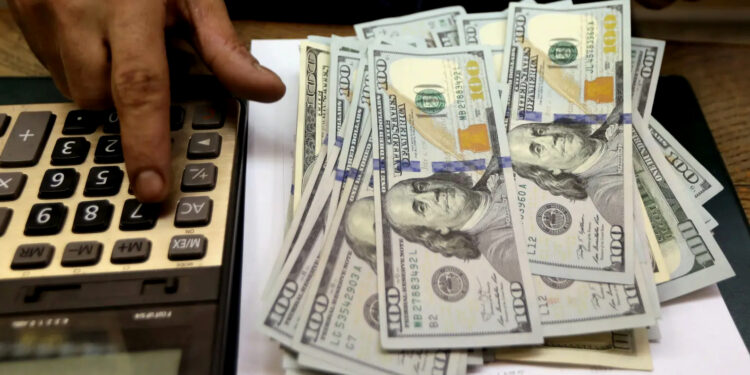By John Ikani
Several Deposit Money Banks (DMBs) in Nigeria have recently decreased the amount of dollars available for Personal Travel Allowance (PTA) and Business Travel Allowance (BTA) to $2,000 per application and a maximum of twice annually per applicant.
Customers were notified of this policy change via emails sent by their respective banks.
FirstBank of Nigeria, one of the banks that made this change, sent an email to its customers titled “Important Update on FX Purchase” which indicated that the limited supply of foreign exchange (FX) in the industry is the reason for this change.
According to the email, “customers are encouraged to apply for PTA/BTA some weeks before their trip and funds will be disbursed within the week of the trip.
“Furthermore, the application for upkeep is subject to a maximum of $1,500 per semester and limited to 2 semesters per session, while payment of school fees is subject to a maximum of $7,500 per semester and limited to 2 semesters per session.
“A minimum of 16 weeks is required for processing school fees and upkeep/maintenance, after the submission of documents along with the approved Form A at the branch.”
The Form A is an application form designed by the Central Bank of Nigeria (CBN) to pay for invisible trade such as foreign tuition, training courses and medical bills.
To access foreign exchange at the official rate, Nigerians who have children and wards studying abroad prefer to use the Form A, as this is much cheaper than sourcing dollars from the parallel market.
However, in recent years, the scarcity of forex in the system has led DMBs to steadily reduce the amount of dollars that customers can access for PTA/BTA.
Banks have also introduced other measures to address forex arbitrage such as mandating travellers in need of dollars – PTA and BTA – to get travel debit cards.
The CBN guidelines require that a company can buy up to $5,000 BTA per quarter while an individual is entitled to $4,000 PTA per quarter.
In 2021, the Bankers’ Committee announced that it would use digital processes to track forex transactions, stop fraudsters from abusing the system, and save scarce forex for the economy.
Last year, the Manchester Metropolitan University raised concerns about the payment of tuition fees for Nigerians studying in the United Kingdom, asking the CBN to speed up the payment of tuition transactions.




































